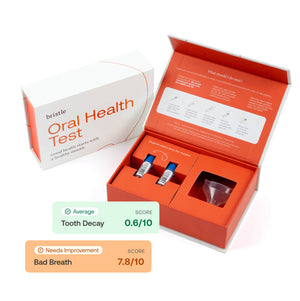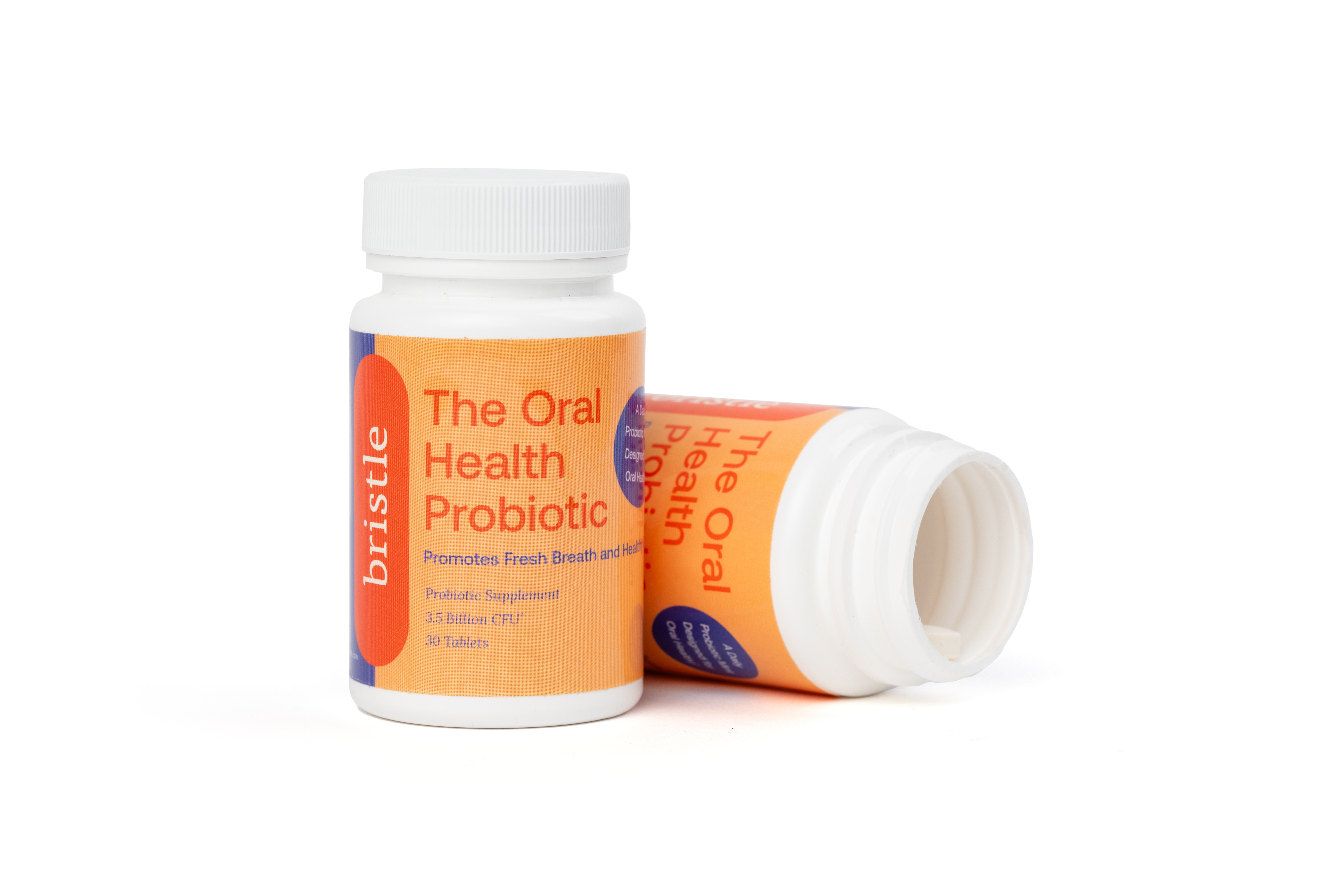Seemingly overnight, activated charcoal has become the darling ingredient of the oral care world and beyond. You can get charcoal toothpaste, toothbrushes with charcoal bristles, and you can even slather it on your face for a “detox” face mask.
The big claim for oral care is that charcoal supposedly whitens your teeth. Does charcoal toothpaste work? Maybe, but there are some definite cons that you should know. Read on to learn about the effectiveness of activated charcoal.
What is activated charcoal?
What is activated charcoal exactly? Honestly, the idea of brushing your teeth with the remains of fire doesn’t sound wholly enticing. But, in essence, that’s what it is.
More specifically, it is a porous form of carbon. It is capable of absorbing toxins, dirt, oil, or other particles. This absorbing action is so powerful that it is commonly used to treat patients who have overdosed on a drug or been poisoned. The charcoal will pull out toxins to be washed away harmlessly.
In the personal product world, activated charcoal is made by oxidizing wood, coconut shells, and other natural substances to create a fine powder. This powder is then added to all sorts of personal care products — including charcoal toothpaste.
Does activated charcoal toothpaste work to whiten teeth?
But does charcoal whitening toothpaste work the way they claim? Can it really bring the brilliance back to your smile?
In some cases, yes.
When you add activated charcoal to your toothpaste, the tiny bits of powder scrape across your teeth as you brush. This abrasive action has been shown to dislodge pigments and stains sitting on the outer surface of your teeth.
As we mentioned, charcoal is also highly absorbent. In toothpaste, it is supposed to bind with and absorb stain-causing pigments and particles on your teeth.
Keep in mind that charcoal can only remove surface stains caused by dark-colored food and drink, like red wine, or other environmental factors, like tobacco. It does not penetrate the tooth and cannot remove intrinsic (internal) stains caused by medication, trauma, overuse of fluoride, etc.
Does charcoal toothpaste damage teeth?
So, when used on the right kind of stains, it seems that charcoal toothpaste can whiten your teeth. But is charcoal toothpaste safe? This is where it gets tricky.
Charcoal is abrasive
We already mentioned that charcoal is slightly abrasive, and this can be both good and bad.
You can think of it like sandpaper for your teeth. A little bit of fine sandpaper will smooth off the rough edges and make a piece of varnished wood gleam. But if you use too much, it will ruin the varnish, and you’ll have to start all over.
When you use charcoal toothpaste too frequently, that abrasive action begins to scrape away the enamel on your teeth. Though tooth enamel is the hardest substance in the body, it is not invincible. Over time the enamel will wear away, and it doesn’t grow back. This can increase your risk of cavities and lead to tooth sensitivity.
A paper from the Journal of the American Dental Association looked at the available literature on charcoal-based products to judge their safety. They concluded there was not enough reliable data to rule on the safety of charcoal products. They recommended patients be cautious when using these products [1].
Potential discoloration
Another tidbit to be aware of is that the dentin, the layer beneath your tooth enamel, is yellowish. As your enamel thins, the dentin can begin to show through, making your teeth look more yellow.
There is also a concern that the black powder can cause its own staining. If bits of powder get stuck in a crevice and sit there long enough, they could cause black or grayish stains.
The long-term effects of using charcoal toothpaste have not been thoroughly studied, but these concerns are enough to make most dentists hesitate to recommend this toothpaste for everyday use.
What else works for teeth whitening?
Thankfully, there are other options for tooth whitening that don’t come with a side of damaged enamel (for the most part).
Professional teeth whitening treatment
The safest and most effective is to visit your dentist for professional whitening. There are a few different techniques that dentists can choose.
Most consist of putting a gel on your teeth with custom-made trays. The gels usually contain hydrogen peroxide, which can also damage your tooth enamel if overused, but is perfectly safe when used under professional supervision.
Generally, you can leave the office after one visit with visibly whiter teeth.
You can also get take-home kits from your dentist. Again, these usually contain hydrogen peroxide, but as long as you use them as directed, they won’t harm your teeth.
Over the counter teeth whitening treatment
You can also pick up teeth whitening products at your local pharmacy. These come in the form of toothpaste, mouthwash, whitening strips, gels, and more.
Again, many of these products contain hydrogen peroxide, and you should avoid contact with your gums as much as possible. Use them as directed, being sure not to overuse them, and you should enjoy whiter teeth without suffering damage.
Keeping Clean, White Teeth
So, does charcoal toothpaste work? Should you add it to your dental care routine to keep your teeth nice and bright?
If your teeth primarily have external stains, you can expect whiter teeth by using charcoal toothpaste. However, don’t use it regularly, or you could overdo it.
A better way to keep your teeth nice and bright is to keep your mouth healthy. Brush and floss each day and avoid dark-colored drinks or tomato sauces that can leave stains.
It also helps to maintain the proper balance of good and bad bacteria in your mouth. Good bacteria work to keep your teeth strong and minimize stains, whereas bad bacteria cause tooth decay and other problems.
Are you wondering about the flora in your mouth? Send us a saliva sample to get a snapshot of your oral health!






